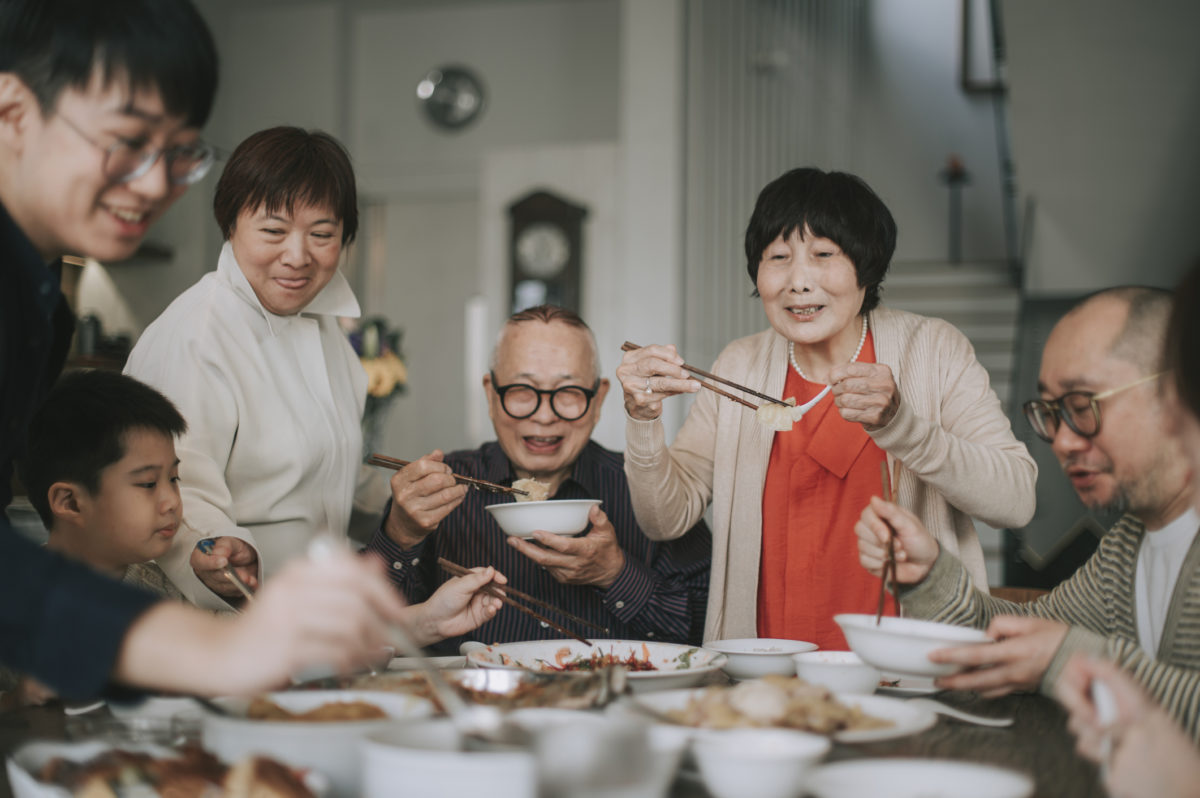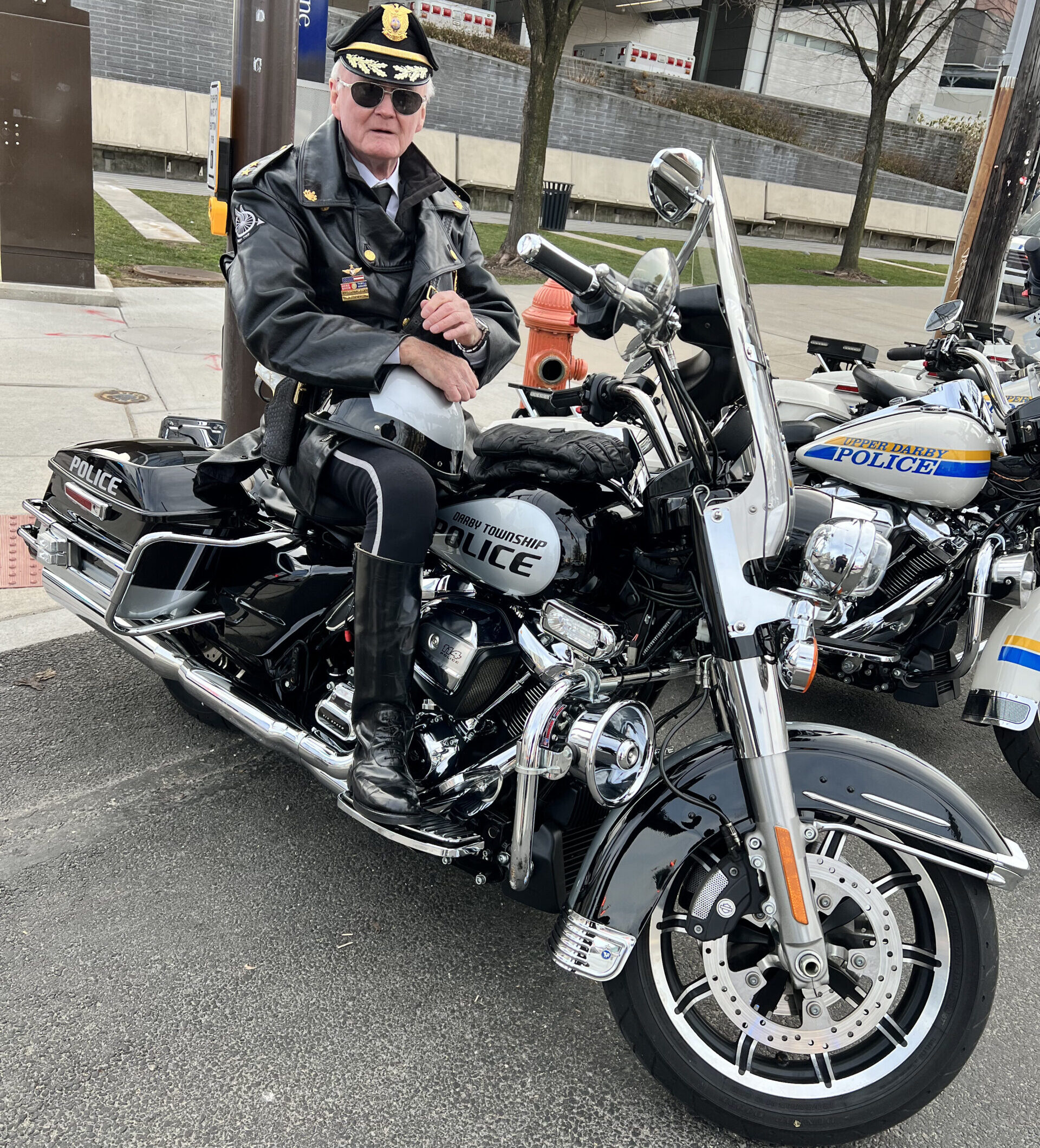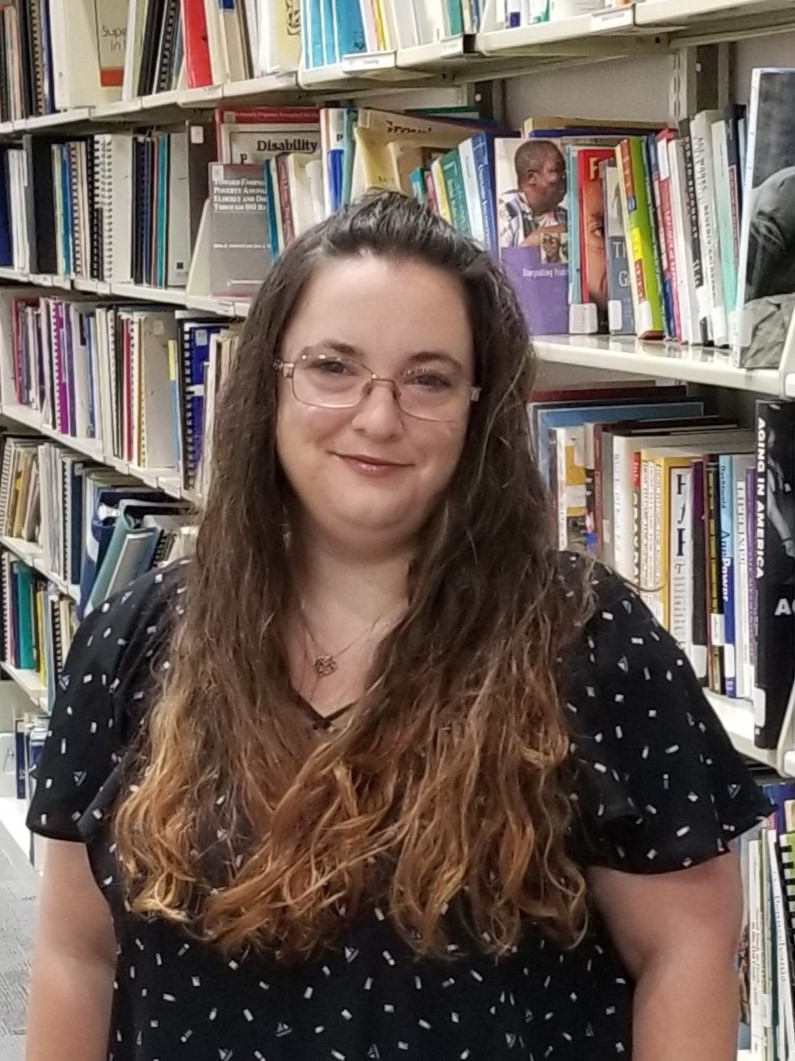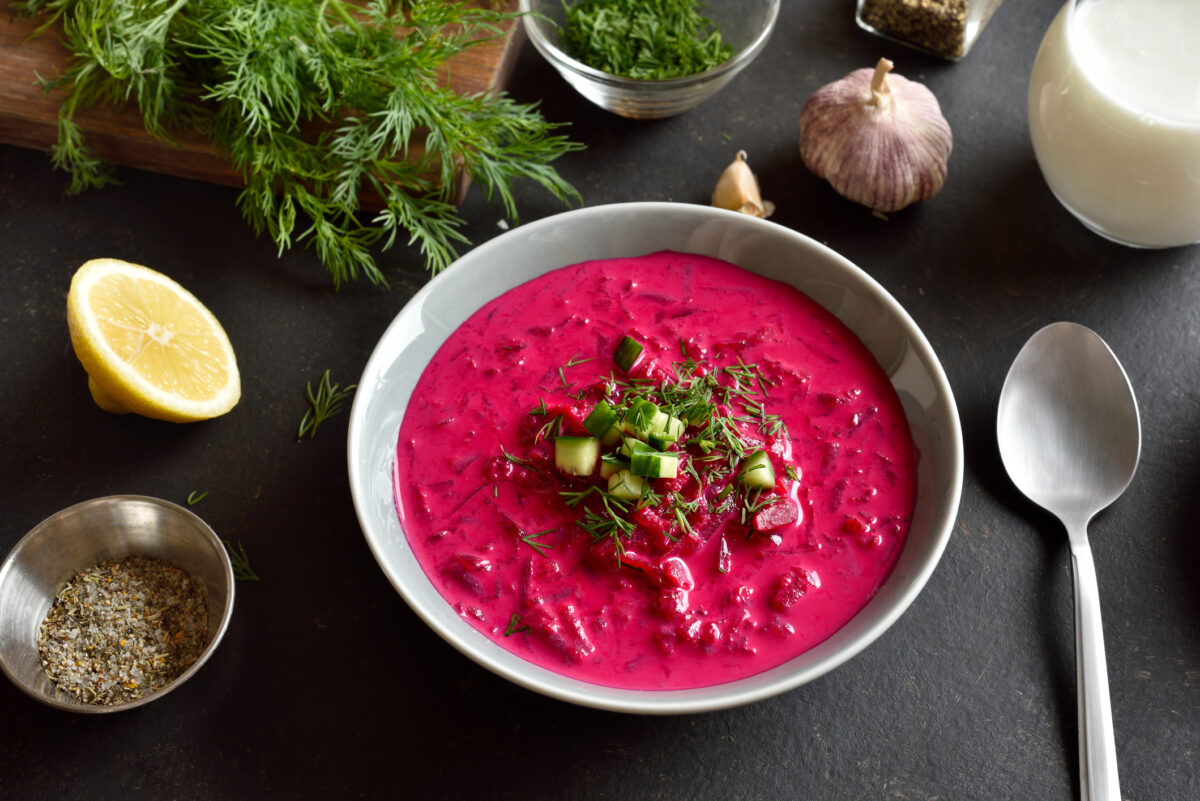Resources help Philadelphia’s older Asians, Pacific Islanders
By Mary Anna Rodabaugh
Philadelphia is home to many diverse Asian and Pacific Islander communities. The needs of older adults in each ethnic community often vary based on cultural norms, languages spoken and personal preferences. Local organizations, including Philadelphia Corporation for Aging (PCA), are dedicated to providing the resources and outreach necessary to meet the needs of Philadelphia’s diverse ethnic communities.
Fostering connections
One of the greatest challenges that older adults and their caregivers face is not knowing what resources are available or how to access help. PCA’s Asian Outreach Coordinator, Sung Young Yun, works to establish connections between PCA and organizations in the local Asian community.
“We partner with the Chinese, Korean, Cambodian, Vietnamese and Hindi communities,” Yun says. She spreads awareness of PCA’s programs and services through presentations, vendor tables and advertising at events sponsored by organizations, such as the Korean American Association of Greater Philadelphia (KAAGP) and the Cambodian Association of Greater Philadelphia (CAGP).
Older adults have access to a variety of resources, including transportation services, financial benefits, care in the home and health programs. PCA also connects older adults and their caregivers with community-based resources, such as senior community centers and enrichment opportunities.
Language barriers
The language barrier is another challenge that older adults within Asian communities face. PCA connects with a language service provider to provide translation of printed materials and interpretation services by telephone for consumers seeking PCA services whose native language is not English.
“I’m so glad that we have the resources available to translate important information [into the older adult’s native language],” says Yun, whose native language is Korean.
In addition to these efforts, PCA manages five separate foreign-language telephone lines: Chinese (215-399-4944), Hindi (215-399-4943), Khmer (215-399-4940), Korean (215-399-4941) and Vietnamese (215-399-4942). Callers to the main PCA Helpline number (215-765-9040) may receive interpretation in any language at no cost to them through PCA’s on-call language service provider.
“The foreign-language telephone lines are a fantastic resource,” Yun said. “They help to break down language barriers that could prevent older adults from accessing the resources they need.”
Many of the people who Yun speaks with recognize that PCA provides excellent resources for older adults. This is especially true when family members take on prominent caregiving roles. “When their children find out about our services, they are very appreciative,” says Yun.
Continued advocacy
PCA coordinates Asian, African and Caribbean, Latino, and clergy/interfaith advisory councils that include a network of Philadelphia organizations that provide additional resources to the city’s various communities.
“The advisory councils each meet quarterly and also come together annually for a joint advisory council meeting,” says Wanda Mitchell, PCA’s director of community engagement. “Advisory council members share their interests, as well as specify concerns that impact the communities they serve. Presenters also contribute their expertise on a variety of subjects and provide specific information regarding the needs of their communities.”
Additional resources
Beyond PCA, members of the Asian and Pacific Islander communities throughout Philadelphia can also seek additional resources through heritage-based groups. One example is the South Eastern Asian Mutual Assistance Association Coalition (SEAMAAC).
SEAMAAC works to support and serve immigrants, refugees and other politically, socially or economically marginalized communities as they seek to advance the condition of their lives in the United States.
SEAMAAC provides case management, benefits enrollment, health access, community resource navigation, digital navigation, citizenship services, food delivery for homebound older adults, and more. Currently, SEAMAAC also offers small workshops and special events for Asian older adults.
“What older adults really want right now is to be together with their peers and have fun again,” says Donna Backues, SEAMAAC’s coordinator of community and family wellness. “That makes sense after the last two years.”
SEAMAAC’s outreach staff speak Mandarin, Indonesian, Laotian, Bhutanese, Burmese and Burmese Chin, Arabic, French and Berber. Like PCA, the organization also utilizes telephonic language interpretation for other languages.
“As we celebrate National Asian and Pacific Islander Heritage month this May, older adults within these communities need to know they are not alone,” Yun says. “There are many culturally appropriate resources available to preserve the dignity of older adults while simultaneously enriching their lives.”
Resources to assist Philadelphia’s older adult Asian community
The following organizations are just some of the resources available to assist older adults in Philadelphia’s Asian community. For additional resources, contact PCA (see below).
Cambodian Association of Greater Philadelphia works to empower Cambodian-Americans to be productive and successful in America — North Philadelphia office: 5412 N. 5th St. | South Philadelphia office: 2416 S. 7th St. | 215-324-4070 | cagp.org
Korean American Association of Greater Philadelphia takes the lead in cultural exchange, promotes living with a sense of responsibility, seeks a life with value and abundance, and fosters future prosperity among the Korean community – 1001 W. 70th Ave. | 215-927-1580 | KoreanInPhilly.com
Penn Asian Senior Services (PASSi) provides culturally and linguistically attuned services for Asian older adults in Southeastern Pennsylvania — 6926 Old York Rd. | 215-572-1234 | passi.us
Philadelphia Chinatown Development Corporation (PCDC) works to preserve Chinatown as a viable ethnic, residential and business community by offering programs and services to address the needs of a low-income immigrant community — 301-305 N. 9th St. | 215-922-2156 | chinatown-pcdc.org
Philadelphia Corporation for Aging (PCA) works to improve the quality of life for older Philadelphians and adults with disabilities and to assist them in achieving their greatest possible levels of health, independence and productivity. Translation and interpretation services are available to all consumers at no charge. – 215-765-9040: Telephone interpretation available in any language | pcaCares.org: Automatic translation into 15 languages, including Chinese, Khmer, Korean and Vietnamese.
The Philip Jaisohn Memorial Foundation promotes the enrichment of the Asian community through a broad range of services, including medical and health care, older adult employment training, social services, and educational and cultural programs — Philadelphia office: 6705 Old York Rd. | 215-224-2000 | jaisohn.org
South Eastern Asian Mutual Assistance Association Coalition is one of the oldest and largest refugee-founded agencies in the region with a workforce of more than 80% bi- and multi-lingual staff serving 18 different linguistic communities – Main office: 1711 S. Broad St. | Elders Program: Bok Building, 1901 S. 9th St. | 215-467-0600 | seamaac.org
Mary Anna Rodabaugh is a writer, editor and writing coach.




